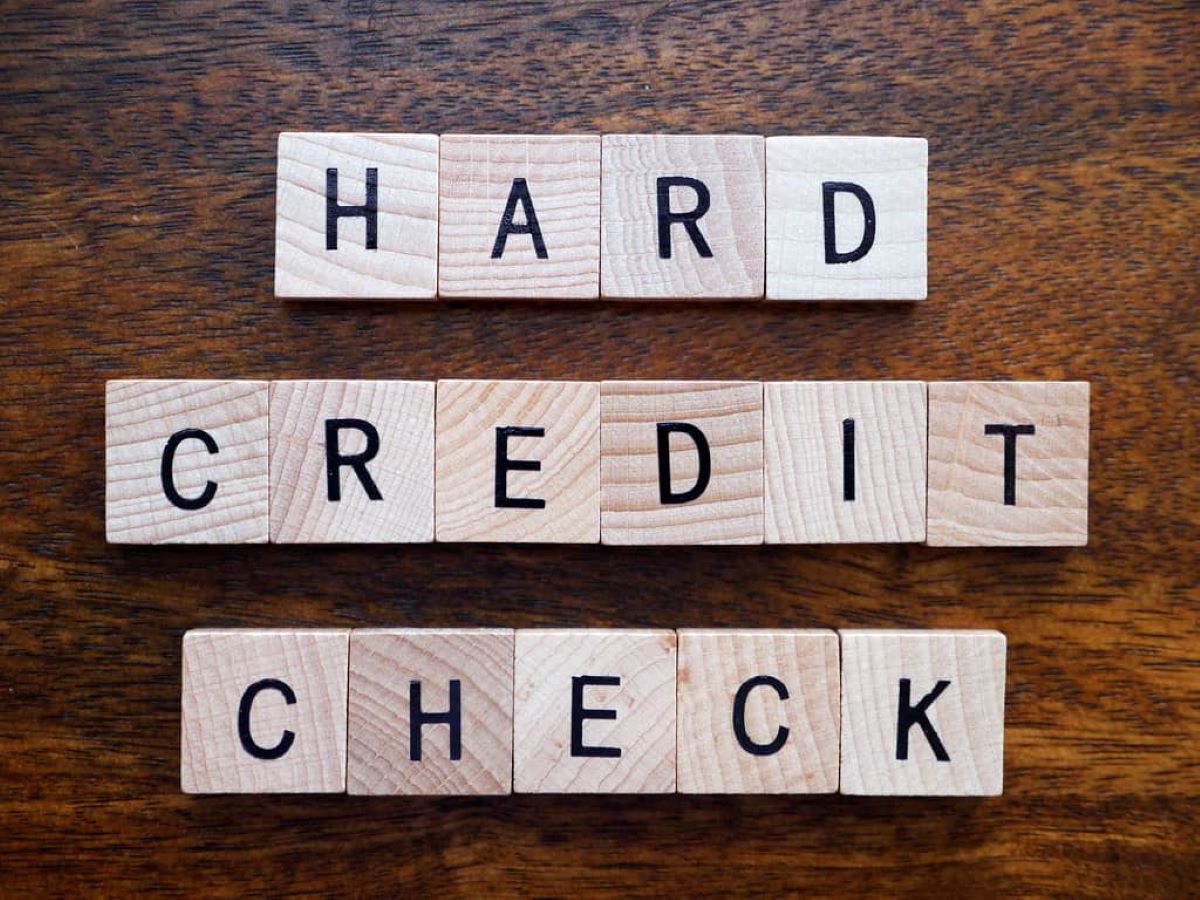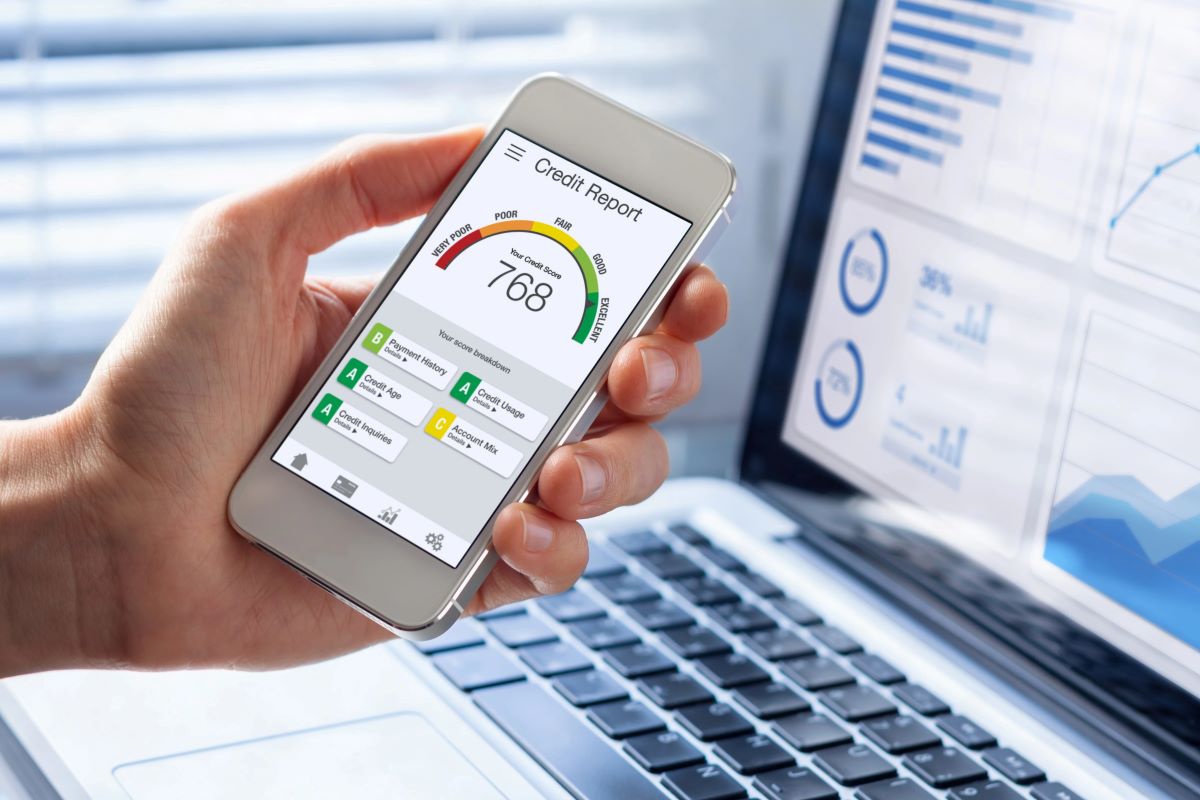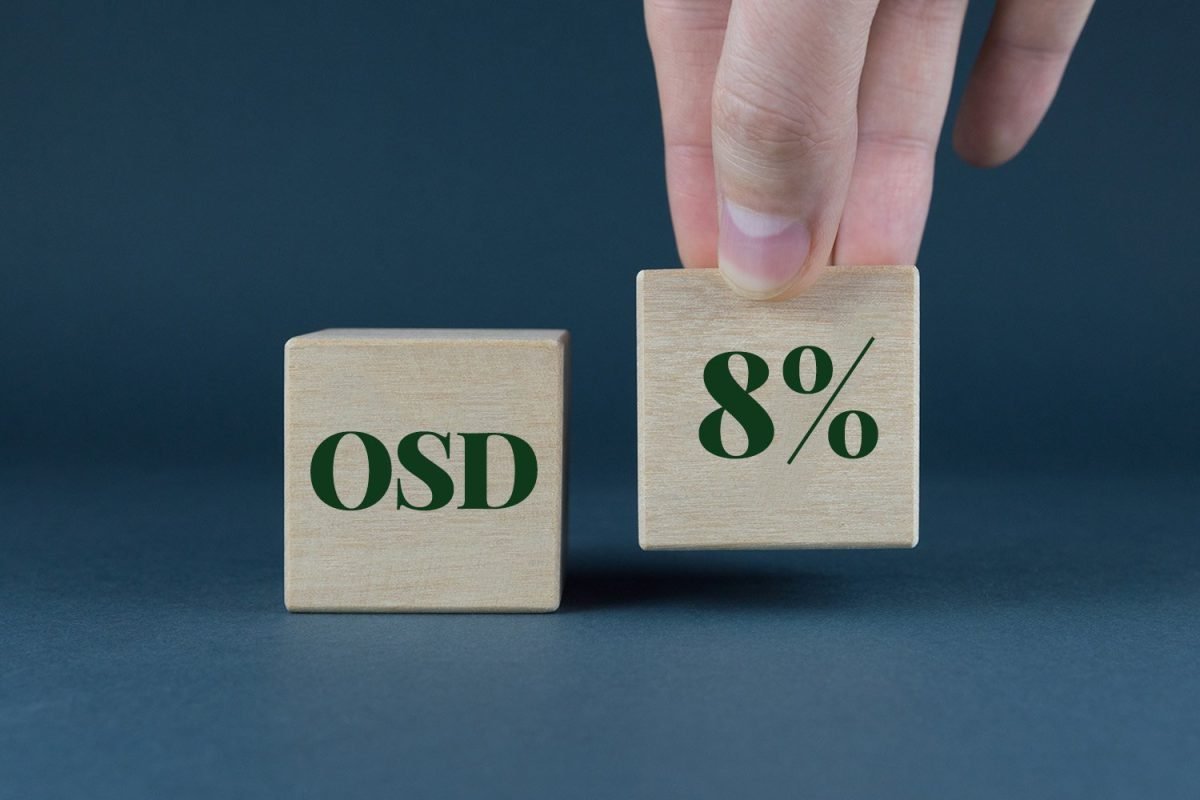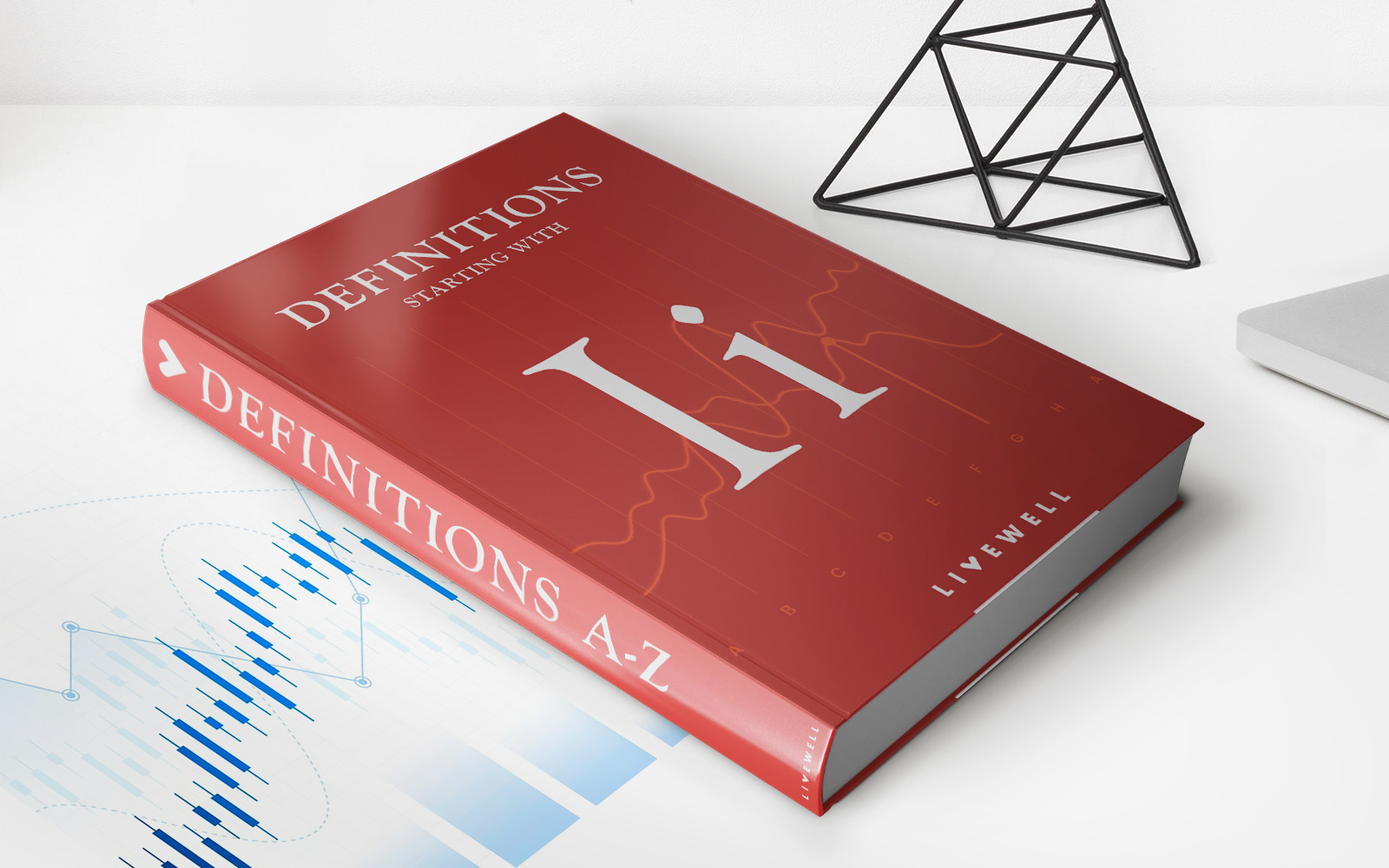

Finance
How Does Heloc Affect Credit
Modified: March 10, 2024
Learn how a HELOC can impact your credit score and overall financial health. Discover the key factors to consider before utilizing this financing option.
(Many of the links in this article redirect to a specific reviewed product. Your purchase of these products through affiliate links helps to generate commission for LiveWell, at no extra cost. Learn more)
Table of Contents
Introduction
Welcome to the world of Home Equity Line of Credit (HELOC) and its influence on your credit score. If you’re a homeowner or looking to become one, understanding how HELOC affects your credit is vital for making informed financial decisions. HELOC is a popular financial tool that allows homeowners to tap into the equity built up in their homes, offering flexibility and convenience. However, it’s crucial to recognize that your credit score can be impacted by the use of HELOC.
In this article, we’ll delve into the fundamentals of HELOC and shed light on how it can influence your credit. We’ll explore the factors that determine the credit score impact, both positive and negative effects, and provide tips on managing your HELOC to protect your credit score.
Before we dive into the nitty-gritty, let’s first understand what exactly HELOC is. Essentially, a HELOC is a revolving line of credit that uses your home as collateral. It allows you to borrow against the equity in your home, making it an attractive option for homeowners who need funds for various purposes such as home improvement, debt consolidation, or other major expenses.
Understanding HELOC
Before we explore the impact of HELOC on your credit, let’s dive deeper into what it entails. A Home Equity Line of Credit (HELOC) is a type of loan that allows homeowners to borrow against the equity they have built up in their property. Unlike a traditional mortgage, where you receive a lump sum upfront, a HELOC provides you with a revolving line of credit that you can access as needed.
HELOCs typically have a draw period, during which you can use the funds, followed by a repayment period. During the draw period, which can last up to 10 years, you have the flexibility to borrow and pay back money as you require. The interest rate on a HELOC is usually variable, meaning it can fluctuate over time.
One of the key benefits of a HELOC is its versatility. You can use the funds for various purposes such as home renovations, educational expenses, debt consolidation, or emergency situations. Additionally, the interest on a HELOC may be tax-deductible, making it an attractive financing option for many homeowners.
It’s important to note that the amount you can borrow through a HELOC is dependent on several factors, including the appraised value of your home, the remaining balance of your mortgage, your credit history, and your income. Lenders typically allow you to borrow up to a certain percentage of your home’s appraised value, minus any outstanding mortgage balance.
Now that we have a clear understanding of what a HELOC is, let’s explore how it can impact your credit score.
Impact of HELOC on Credit Score
Utilizing a HELOC can have both positive and negative effects on your credit score. Understanding how it can impact your credit is crucial for managing your finances effectively. Let’s take a closer look at the potential effects.
1. Credit Utilization: One of the key factors that influence your credit score is your credit utilization ratio, which compares the amount of credit you have available to the amount you have used. When you open a HELOC, it increases your available credit. If you use a significant portion of that credit, it can negatively impact your credit score. It’s advisable to keep your credit utilization ratio below 30% to maintain a healthy score.
2. Payment History: Your payment history plays a vital role in determining your creditworthiness. Timely payments on your HELOC will have a positive impact on your credit score, demonstrating your responsible borrowing behavior. However, missed or late payments can significantly harm your credit score.
3. Credit Mix and New Credit: An important aspect of your credit score is the diversity of your credit mix and the presence of new credit. Adding a HELOC to your credit profile can positively contribute to your credit mix if you have only a limited number of credit accounts open. However, if you open multiple new credit accounts around the same time, it can signal a risk of overextending your credit and negatively impact your credit score.
4. Length of Credit History: The length of your credit history is also a factor that affects your credit score. Opening a new HELOC account may initially reduce the average age of your credit accounts, which can have a temporary negative impact on your score. However, as you maintain a positive payment history, the impact diminishes over time.
5. Credit Inquiries: When you apply for a HELOC, lenders will typically perform a hard inquiry on your credit report. This inquiry can cause a small, temporary decrease in your credit score. It’s important to be cautious about applying for multiple HELOCs or other loans within a short period as it can raise concerns about your creditworthiness.
While the impact of a HELOC on your credit score can vary depending on individual circumstances, it’s crucial to be mindful of these factors and manage your credit wisely to minimize any potential negative effects and maximize the positive ones.
Factors That Determine the Credit Score Impact
Several factors come into play when determining the impact of a HELOC on your credit score. Understanding these factors can help you anticipate how your credit score may be affected and take necessary steps to manage it effectively. Let’s explore the key factors that play a role in determining the credit score impact of a HELOC.
1. Credit Utilization: As mentioned earlier, your credit utilization ratio, which compares your total credit usage to your available credit, is a crucial factor. Using a significant portion of your HELOC credit limit can increase your credit utilization ratio and potentially lower your credit score. It’s important to keep your overall credit utilization, including your HELOC, below 30% to maintain a healthy score.
2. Payment History: Timely payments on your HELOC are essential for maintaining a positive credit score. Consistently making your payments on time demonstrates your responsible borrowing behavior and helps build a positive payment history, which is a significant factor in credit scoring models.
3. Account Age: The age of your HELOC account can impact your credit score. Opening a new HELOC account may initially lower the average age of your credit accounts, which can have a slight negative impact. However, as you maintain a positive payment history and the account ages, the impact diminishes over time.
4. Hard Inquiries: When you apply for a HELOC, the lender will typically perform a hard inquiry on your credit report. Although the impact is generally minimal, multiple hard inquiries within a short period can signal a risk to lenders and result in a temporary decrease in your credit score. It’s important to be mindful of unnecessary credit inquiries and only apply for a HELOC when necessary.
5. Overall Credit Management: Your overall credit management, including how you handle other credit accounts and loans, can impact your credit score alongside a HELOC. Demonstrating responsible credit behavior, such as making timely payments, managing your debt load, and avoiding excessive new credit, positively influences your credit score.
It’s important to remember that the impact of a HELOC on your credit score varies depending on factors like your credit history, payment behaviors, and overall credit management. While a HELOC can have both positive and negative implications, being mindful of these factors and practicing responsible credit management can help mitigate any potential negative impact and ultimately improve your credit score over time.
Positive Effects of HELOC on Credit
While the use of a Home Equity Line of Credit (HELOC) can potentially have negative effects on your credit score, there are also positive implications to consider. Understanding these positive effects can help you make informed decisions about utilizing a HELOC and managing your credit effectively. Let’s explore the potential positive effects of a HELOC on your credit.
1. Credit Mix: Having a diverse credit mix can positively impact your credit score. Adding a HELOC to your credit profile can contribute to a healthy mix of credit accounts, which can demonstrate your ability to manage various types of credit responsibly. This can be beneficial for your overall credit score.
2. Improved Credit History: Timely payments on your HELOC can contribute to building a positive credit history. A positive payment history is a significant factor in credit scoring models and can contribute to a higher credit score over time.
3. Increased Available Credit: When you open a HELOC, it increases your available credit. Having a higher total credit limit can potentially lower your credit utilization ratio, which is the ratio of the amount of credit you have used compared to your total credit limit. A lower credit utilization ratio is generally seen as positive and can help improve your credit score.
4. Flexibility in Financial Management: A HELOC can provide you with flexibility in managing your finances. By having a line of credit available, you can access funds when needed, allowing you to handle unexpected expenses or consolidate higher interest debt. This ability to manage your finances effectively and meet your financial obligations can positively impact your credit score over time.
5. Potential for Home Value Appreciation: A HELOC is linked to the equity in your home. If your home’s value appreciates over time, it can increase the amount of available equity, which may provide you with even more borrowing power. This potential increase in available credit can positively impact your credit score as long as it is managed responsibly.
It’s important to note that while these positive effects can contribute to a healthier credit profile, they should be balanced with responsible financial management. Making timely payments, avoiding excessive borrowing, and maintaining a good credit utilization ratio are essential for ensuring a positive impact on your credit score.
Negative Effects of HELOC on Credit
While a Home Equity Line of Credit (HELOC) can offer flexibility and financial opportunities, it’s important to be aware of the potential negative effects it can have on your credit score. Understanding these risks can help you make informed decisions and take necessary precautions to protect your credit. Let’s explore the potential negative effects of a HELOC on your credit.
1. Credit Utilization Ratio: Utilizing a significant portion of your available HELOC credit limit can increase your credit utilization ratio, which compares the amount of credit you have used to your total credit limit. A high credit utilization ratio can negatively impact your credit score. It’s important to keep your overall credit utilization, including your HELOC, below 30% to maintain a healthy score.
2. Missed or Late Payments: Your payment history plays a crucial role in determining your creditworthiness. Missed or late payments on your HELOC can have a significant negative impact on your credit score. It’s essential to make all your payments on time to maintain a positive payment history and avoid damaging your credit.
3. Risk of Overborrowing: A HELOC provides you with the ability to borrow against the equity in your home. However, it’s crucial to exercise caution and avoid overborrowing. Taking on excessive debt can increase your credit risk and negatively impact your credit score.
4. Inquiries on Credit Report: When you apply for a HELOC, the lender will typically perform a hard inquiry on your credit report. While one or two inquiries are relatively harmless, multiple inquiries within a short period can raise concerns for lenders and lower your credit score temporarily. Avoid unnecessary credit inquiries and only apply for a HELOC when necessary.
5. Potential Property Value Decline: Since a HELOC is secured by the equity in your home, a decline in your property’s value can increase the risk for both you and the lender. If your home’s value decreases significantly, it may impact your HELOC and potentially harm your creditworthiness.
It’s important to manage your HELOC responsibly to minimize these negative effects on your credit. Always make your payments on time, avoid overborrowing, and keep a close eye on your credit utilization ratio. By doing so, you can enjoy the benefits of a HELOC while protecting your creditworthiness.
Managing HELOC to Protect Credit Score
Proper management of your Home Equity Line of Credit (HELOC) is essential for protecting your credit score. By following some key strategies, you can ensure that your credit remains healthy while maximizing the benefits of your HELOC. Let’s explore some ways to effectively manage your HELOC and safeguard your credit score.
1. Make Timely Payments: One of the most crucial aspects of managing your HELOC is making all your payments on time. Late or missed payments can significantly impact your credit score. Set up automatic payments or reminders to ensure you never miss a due date.
2. Avoid Excessive Borrowing: While your HELOC provides you with access to funds, it’s essential to borrow responsibly. Avoid using the entire credit limit and only borrow what you need. Taking on excessive debt can increase your credit risk and negatively affect your credit score.
3. Monitor Credit Utilization: Keep a close eye on your overall credit utilization, including your HELOC. Aim to keep your credit utilization ratio, which compares the amount of credit you have used to your total credit limit, below 30%. High credit utilization can hinder your credit score, so consider paying down your balance if it exceeds this threshold.
4. Keep Other Credit Accounts in Check: Alongside your HELOC, it’s important to manage your other credit accounts responsibly. Make timely payments, keep balances low, and avoid opening multiple new credit accounts within a short period. Maintaining a positive credit profile across all your accounts contributes to a healthy credit score.
5. Regularly Check Your Credit Report: Keep a regular check on your credit report to identify any errors or discrepancies that could adversely impact your credit score. If you find inaccuracies, promptly dispute them with the credit bureaus to ensure your credit information is accurate and up to date.
6. Communicate with Your Lender: If you encounter financial difficulties or foresee challenges in making your HELOC payments, it’s crucial to communicate with your lender. They may provide assistance or offer alternative options to help you navigate any financial hardships and protect your credit score.
By following these strategies and practicing responsible financial management, you can effectively manage your HELOC and protect your credit score. Remember, your creditworthiness is vital for future financial opportunities, so it’s essential to prioritize your credit health alongside the benefits of your HELOC.
Conclusion
Understanding the impact of a Home Equity Line of Credit (HELOC) on your credit is crucial for making informed financial decisions. While a HELOC can offer flexibility and opportunities, it can also have both positive and negative effects on your credit score.
On the positive side, a HELOC can contribute to a diverse credit mix, potentially improve your credit history, increase your available credit, and offer flexibility in managing your finances. These factors can positively impact your credit score and overall credit profile.
However, it’s important to be aware of the potential negative effects as well. These include an increased credit utilization ratio, missed payments, risk of overborrowing, inquiries on your credit report, and potential property value decline. These factors can have a detrimental impact on your credit score if not managed carefully.
To protect your credit score while utilizing a HELOC, it’s crucial to make timely payments, avoid excessive borrowing, monitor your credit utilization, manage your other credit accounts responsibly, regularly check your credit report for inaccuracies, and communicate with your lender if you face financial difficulties.
In conclusion, a HELOC can be a valuable financial tool if managed responsibly. By understanding the factors that influence your credit score and implementing effective management strategies, you can enjoy the benefits of a HELOC while safeguarding your creditworthiness.
Remember, your credit score plays a significant role in your financial future, impacting your ability to access credit, secure loans, and get favorable interest rates. So, manage your HELOC wisely, protect your credit score, and maintain a healthy financial standing.














